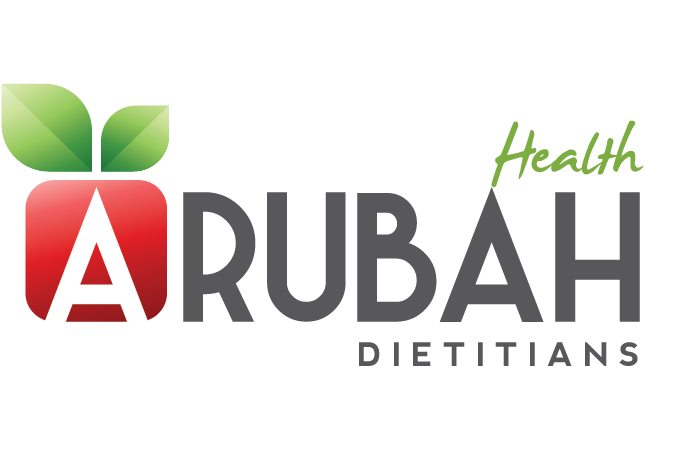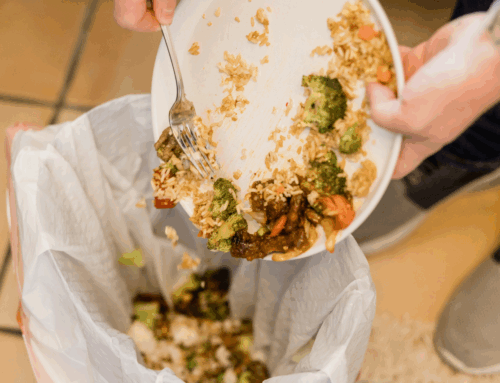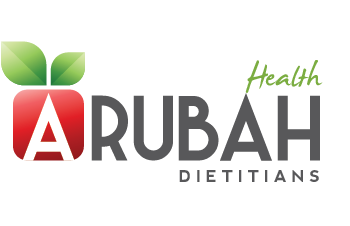Every person deserves the opportunity to live a fulfilling, independent life and for many people with disabilities, nutrition is a cornerstone of that journey. Dietitians are uniquely positioned to support participants of the NDIS through personalised nutrition support that enhances daily living, independence, and overall wellbeing.
Over 2.7% of the population is supported in some way by the NDIS. This means it’s quite likely that any given person would know a person with a disability or someone who is directly involved in the care of someone with a disability. The NDIS is not just a program, it’s a key part of everyday life for millions of Australians, and dietitians play an integral role in ensuring that the support it provides translates into real, meaningful outcomes for those who need it most.
Whether it’s tailoring food texture to support safe eating, addressing malnutrition, managing mealtime environments, or creating personalised meal plans in collaboration with carers, families or other stakeholders, dietitians provide vital input that impacts not just what’s on the plate, but how a person feels, functions, and flourishes in their everyday life.
Much of the work we do as Accredited Practising Dietitians (APDs) happens outside the consultation room. We engage and communicate with family members, support workers, allied health professionals, and service providers to create consistent, person-centred care plans that reflect each individual’s preferences, abilities, and needs. In regional and rural areas, we often travel significant distances to ensure that no one misses out on access to qualified, compassionate support.
As changes occur within the NDIS pricing structure, it’s more important than ever to highlight the value of dietitians in supporting quality of life, building capacity and maintaining good wellbeing. We urge continued investment in dietetic services to ensure that people with disabilities can access the nutrition support they need and deserve, particularly those in rural and remote communities with reduce access to all levels of care.
Let’s keep advocating for person-centred, holistic care that recognises the essential role food and nutrition play in dignity, autonomy, and quality of life.
Do you have any food, nutrition or wellness related topics you would like to hear us write about? Send your questions/ideas to [email protected]









